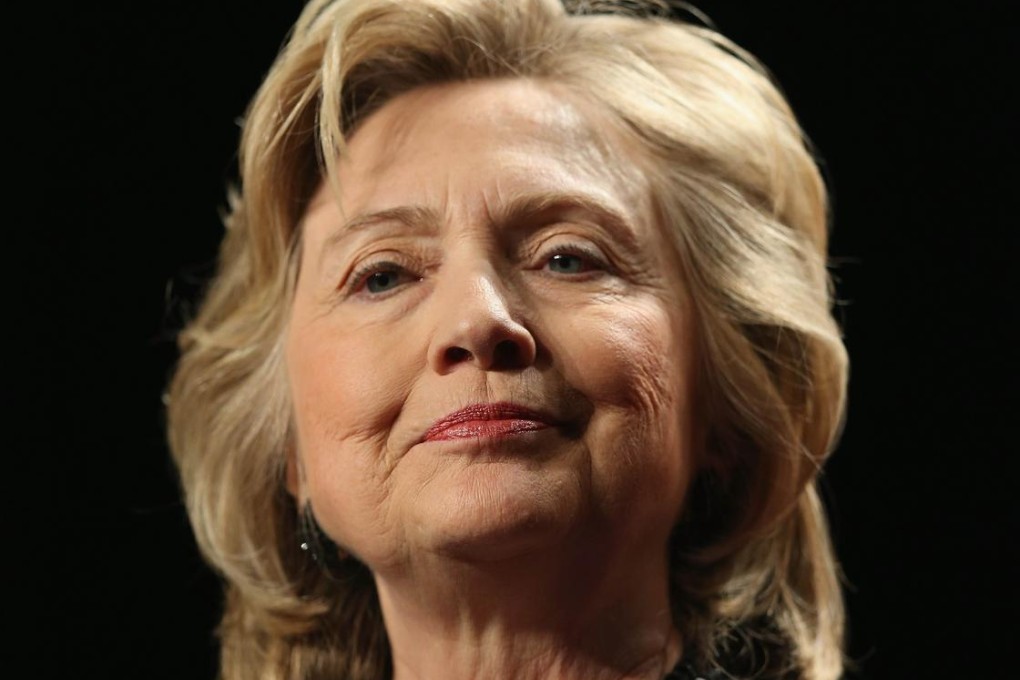Library releases 'style pointers' that helped soften Hillary Clinton's image
Documents offer insight into how Hillary Clinton went from being a divisive first lady to a popular politician who could yet lead America

In July 1999, Hillary Rodham Clinton trekked to upstate New York to join retiring senator Daniel Patrick Moynihan at his farm and launch her campaign to replace him. On the eve of the big kick-off, adviser Mandy Grunwald wrote her a memo offering "a few style pointers".
Keep your tone conversational, Grunwald wrote, "chatty, intimate, informal. Find moments for humour. Don't be defensive or raise your voice. For years, you said, 'My husband did X', but this moment is about you, so talk about what you've done. Be careful to 'be real'."
The Grunwald memo is part of a cache of confidential communications among Clinton and her political image makers released on Friday, detailing the machinations behind her evolution from political spouse to a leader in her own right. The secret memos open a rare window into the meticulous and intense efforts to manage Clinton's public image during her and Bill Clinton's tumultuous years in office.
They describe attempts to cultivate influential journalists who could become "fans" or "Clinton surrogates". They also detail a push to leverage the first lady's official travel and agenda to generate positive news media coverage, softening her image in the run-up to Bill Clinton's 1996 re-election campaign.
The documents are part of nearly 4,000 pages of internal communications released by the Clinton Library, which also include new details about White House decisions on health policy and national security issues.
The records show that in 1993, Clinton said in a private meeting of Democratic lawmakers that a Republican proposal for an individual health insurance mandate - a general approach that she would later embrace - would send "shock waves" through the public. An adviser also worried in a 1994 memo that the administration was "over-promising" by telling people they would be able to pick the doctor and healthcare plan of their choice, an issue that has flared during the implementation of US President Barack Obama's Affordable Care Act.